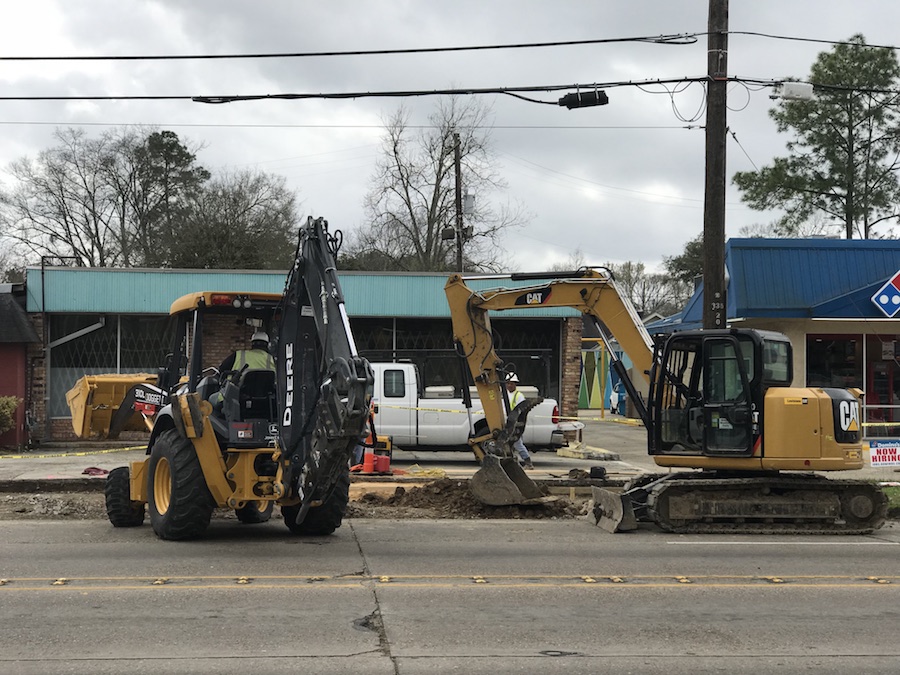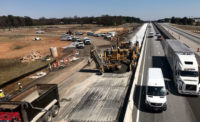Louisiana highway projects will get an extra $80 million boost from redistributed federal highway funds that other states did not spend. State officials say this is the largest amount of redistributed federal funds the state has ever received, although this could be the last year for the additional money because of a lack of matching state funds.
The Louisiana Dept. of Transportation and Development qualified for the additional federal funds after allocating all of its available federal funding to construction projects for the 2017-2018 fiscal year, which spans from Oct. 1 to Sept. 30. This marks the 18th consecutive year the state has received redistributed funds.
“This $80 million in federal highway funds will assist the DOTD with crucial infrastructure projects along many of the highly traveled corridors throughout the state that are in need of repairs,” DOTD Secretary Shawn Wilson told ENR.
Each year, the federal government allocates money that other states and national programs did not use and redistributes it to states that have put to use their entire annual allotment of federal highway funding. Louisiana will use the $80 million for projects it can set into motion by Sept. 30. Wilson says the money will help pay for additional phases of construction projects that would have had to wait for funding.
Projects include phase two of widening Pecue Lane in Baton Rouge, along with improvements to six railroad crossings across the state: Louisiana Highway 434 in Duson, Louisiana Highway 318 in St. Mary Parish, Louisiana Highway 101 in Lacassine, U.S. Highway 90 in Jefferson Parish, Louisiana Highway 27 in DeQuincy and Louisiana Highway 641 in Gramercy. Other projects include resurfacing portions of Interstate 12 and Interstate 20; active transportation projects, including a multi-use path from North Boulevard to Expressway Park in Baton Rouge, and transit amenities in Shreveport; and improvements to Interstate 10 and U.S. Highway 171 in Lake Charles.
Louisiana Gov. John Bel Edwards praised the state for taking advantage of all federal resources available for infrastructure improvements. “We have no shortage of needs, and we are addressing some of the most critical infrastructure projects throughout the state,” Edwards says.
Wilson called the windfall a “tremendous help” for critical improvements, but offered a warning. “The bad news is this is likely the last year the state will receive the additional federal money due to a lack of funding for additional state match,” he said in August.
The funding comes at a time when Louisiana faces a $14 billion backlog in road and bridge needs, and its fuel tax—which pays for the state’s highway program—has remained at 16 cents per gallon for almost 30 years.
Ken Naquin, CEO of the Louisiana Associated General Contractors, says the money will help offset some of those costs, which have risen with inflation. He points out that 16 cents in 1988 is worth about 7 cents today.
“The current state of the highway program in Louisiana is that it’s probably the lowest it’s been in 15 years, so this $80 million will certainly help the program, the citizens and the contractors who rely on highway construction to get through this low time,” Naquin says.



Post a comment to this article
Report Abusive Comment